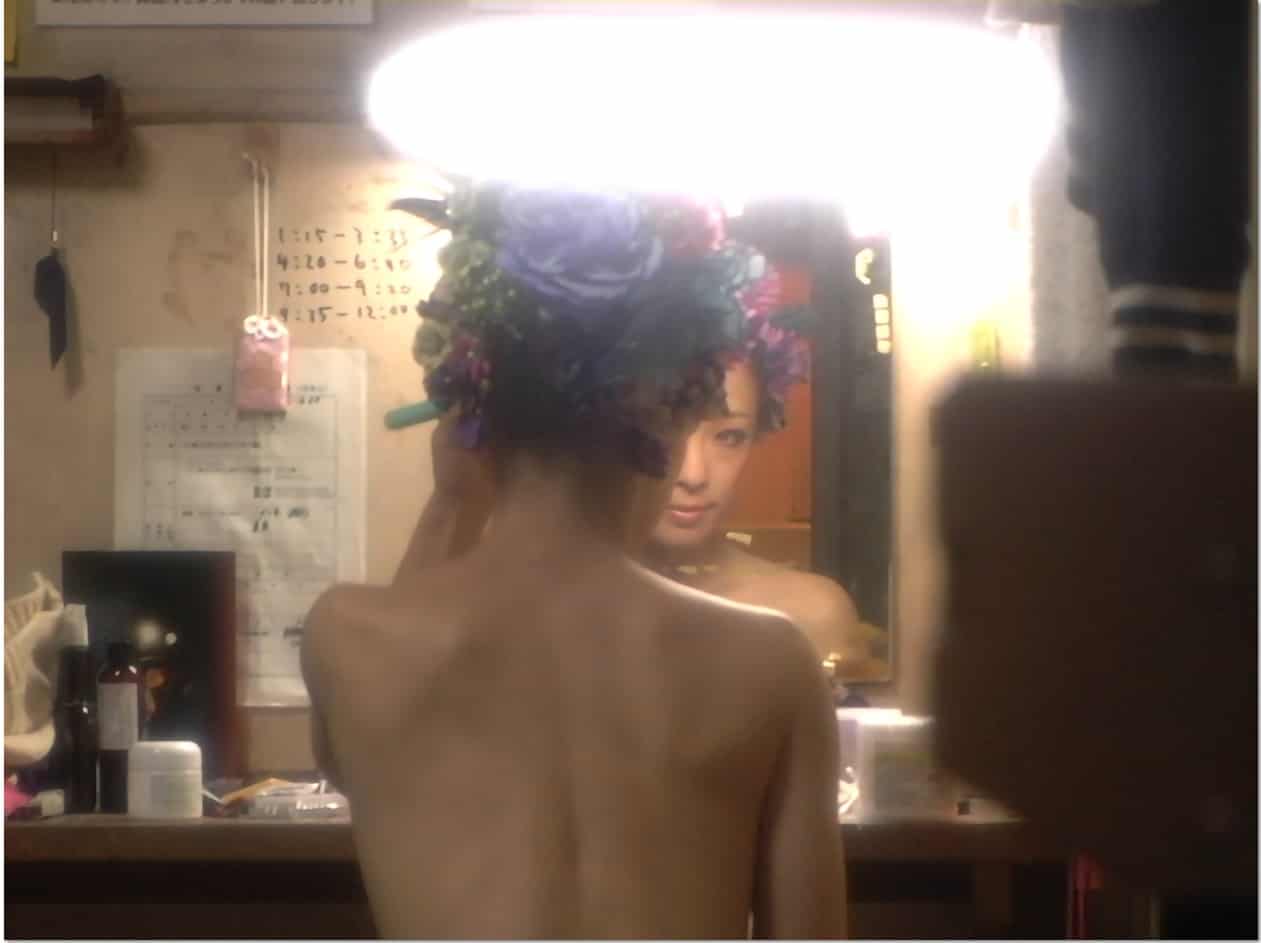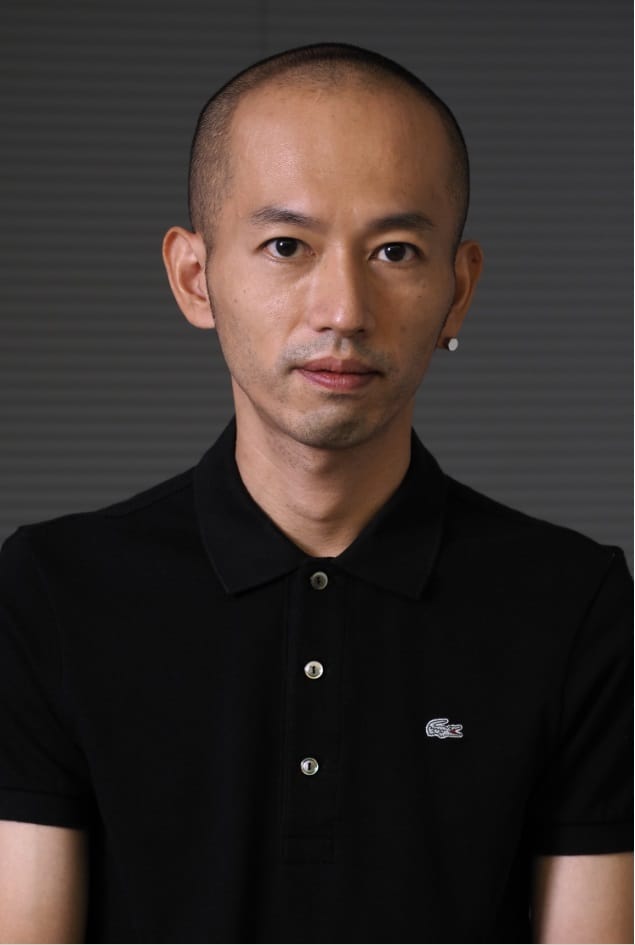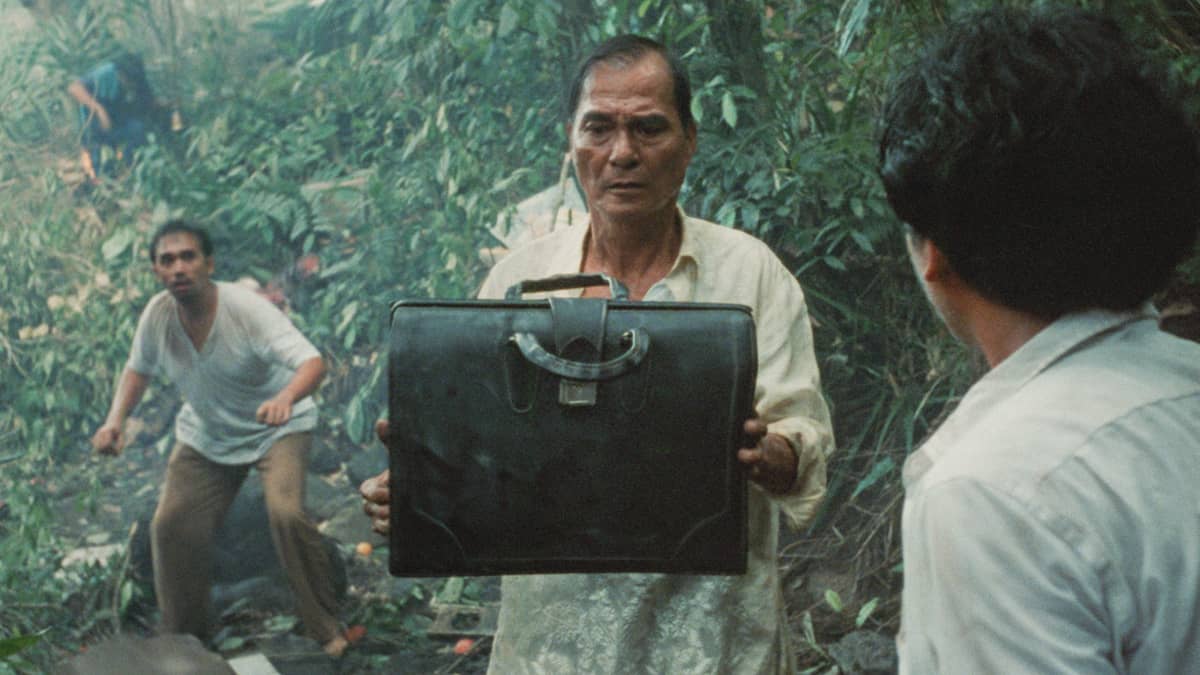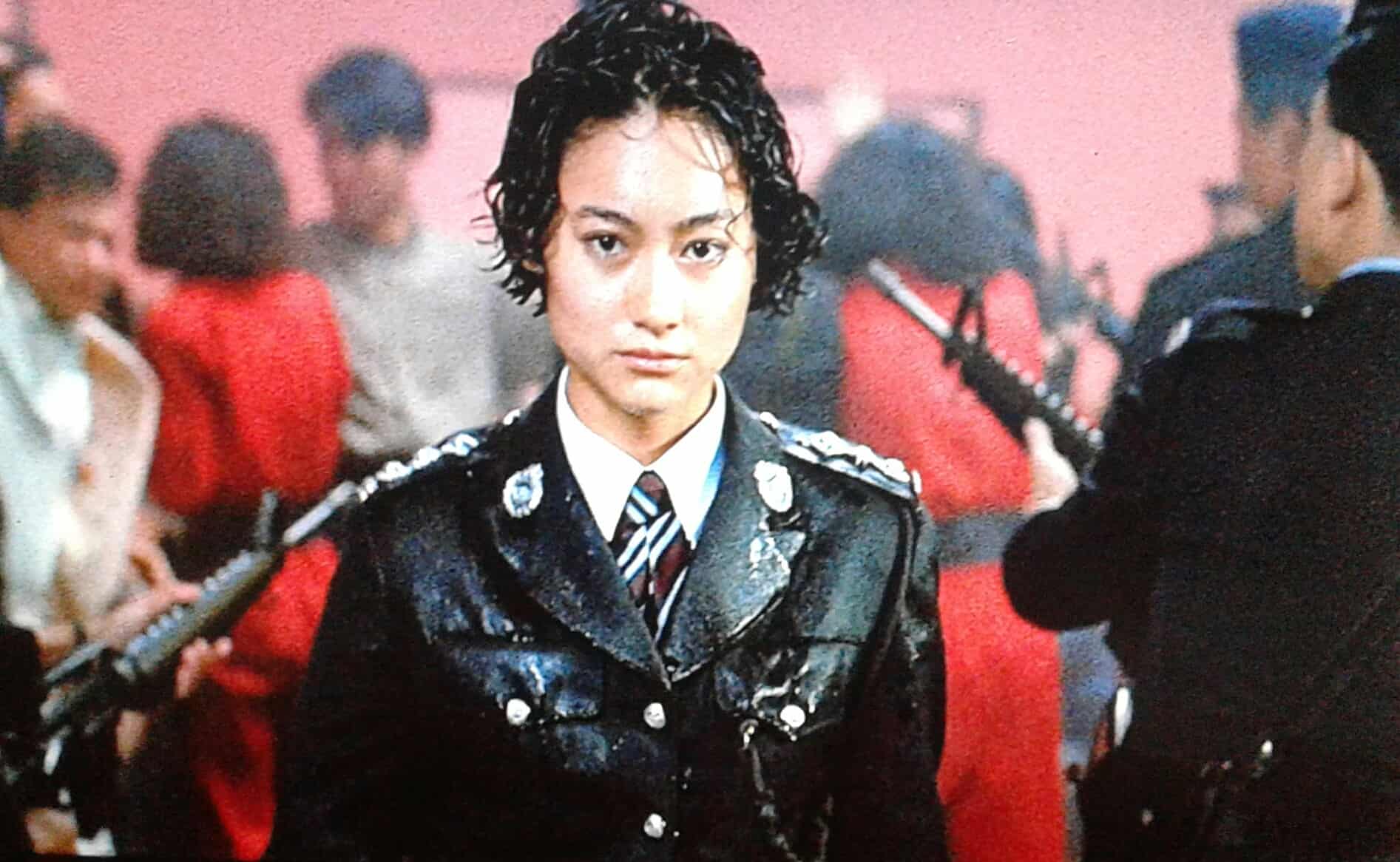by Daan Schneider
“Odoriko” is a documentary about strippers by Yoichiro Okutani (1978), which saw its world premiere in the competition for feature-length documentary of IDFA 2020. The film follows the daily lives of a group of odoriko, dancers of a dying art of Japanese strip theatre.

Why did you want to make a film about strippers?
Yoichiro Okutani: ‘ felt sympathy for them. When I started shooting them, I was in my thirties, about the same age as most of them. I was thinking about whether I could survive as an independent filmmaker. These strippers are asking much the same questions. As their bodies get older, they ask whether they should change their occupation. At one point or another, we all have to make decisions on how to live our lives. They were great protagonists to show this universal passage of life.
What is the current status of odoriko in Japan?
Most of us don't ever see strip theatres. It's not that they're hidden, we've just forgotten about their existence. In the post-war era, they used to be much closer to mainstream entertainment. Even Takeshi Kitano performed at these places as a comedian. But with changing tastes, their appeal has dwindled.
Are there any young people in the audience?
Mostly it's very old men. But surprisingly, there are some young women among them too. Maybe they found out about it on the internet. Today, it's not so much about the eroticism, the way it used to be. For these women, it's about the artistic form of expression and the beauty of the naked female body. For some, that's a revelation.
Is it more about choreography now?
Yes. Of course, one of the reasons for the decline in popularity is the abundance of online entertainment, movies, etc. Strip theatres are no longer a lucrative business, yet the owners keep running them, out of some kind of love. They're behind the times, but it's something they care for deeply, even if they barely make any profit. Perhaps this is another reason younger generations have started to catch on: the atmosphere that the theatre emits, the struggling artists… there's something to be sympathetic for.
Was it hard to convince the odoriko to let you film them so intimately?
Not at all, and it's hard to explain why. Maybe it's because I spent four years with them. I was there as a fan and gradually they started to recognise my face and get to know me. I would write them long letters explaining my project, so they knew it was serious and not some juicy tabloid-style reporting.

How did you negotiate the trap of voyeurism?
It's up to the audience to say if they think there's a sense of voyeurism or the stolen look. It's an impression anyone is free to have, but it wasn't my intention.
It was impressive how casual these women appeared on screen, even if they were naked much of the time.
I put a lot of effort in the mise-en-scène. For example, I would wait until they were extremely exhausted to start shooting, or I would wait for them to forget that the camera is on. During my four years as an audience member, I had the chance to really observe the behaviour of the people in the audience and the odoriko on stage. I understood the flow of things and the daily proceedings in the theatre. Once I got permission to go backstage, I took a lot of time watching the women and observing how they were preparing their shows. Having understood the general routine, I could predict how things would unfold and decide where to put my camera and when to shoot. It was kind of like a fiction-movie shoot. Sometimes I would do many takes of the same scene, waiting for things to happen over and over again, changing angles and choosing the best take from the many I made. I hardly ever asked them to do anything for the camera. My directorship is in the choice of shots.
How are Japanese strip theatres doing currently?
To tell you the truth, I finished filming three years ago and haven't been back since. In a way, that's very symbolic. In relationships, there are moment of intensity and there are departures, hellos and goodbyes. That's representative of the strip theatre industry, where women are leaving the business all the time, only to be replaced by young rookies. The overturn is very fast. To me, it represents the fleetingness of humanity.















